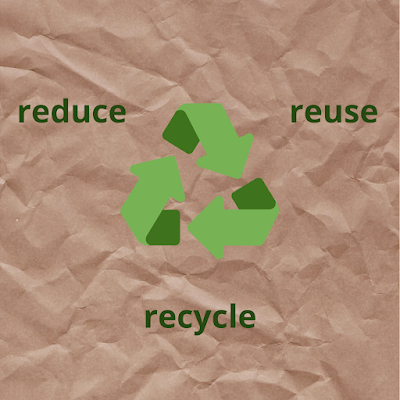Words of an Odd Year
WOTY
Different
dictionary publishers use different criteria to choose their Words of the Year,
some of which are clearly stated, some less so. Cambridge’s choice is based
(largely) on the most popular word that people have looked up on their
dictionary website and this year was announced as perseverance - which
at first sight seems an odd choice. It’s popularity was linked to the NASA Mars
rover called Perseverance that landed back in February. It saw a huge spike in
lookups, likely from two sources - English learners who wanted to know what the
word meant and also L1 English speakers who wanted to check the spelling. To
me, it feels like a slightly odd choice, regardless of the stats, just because
it refers to such a specific moment, quite early in the year, but I guess it
does also chime with the perseverance we’ve all had to demonstrate in living
through a second year with Covid.
Collins, on the other hand, have gone down the new coinages route, choosing novel words and terms that have appeared, or at least gained a foothold, this year. Their shortlist was topped by NFT or non-fungible token - yes, exactly, neither do I! Again, it feels a slightly left-field choice, but their shortlist more generally does reflect some of the themes of the year with several tech-related words (NFT, metaverse and crypto), some pandemic words (double-vaxxed, pingdemic and hybrid working) and miscellaneous others - as I said, it has been a miscellaneous sort of a year, so maybe that’s appropriate.
Oxford went for perhaps the most obvious choice, vax, with an accompanying report into the language of vaccines. American dictionary, Merriam-Webster also went for vaccine. Probably for many of us, it is the word that best reflects the year, but then it doesn’t provoke much debate, does it, or make you read on to find out why.
I think my favourite WOTY comes from the Australian National Dictionary Centre who plumped for strollout - apparently a term to describe the slow pace of the vaccination rollout in Australia. Yes, it’s one of those gimmicky buzzwords that was probably coined by a headline writer, but it does definitely tell you something about a time and a place.
Words of My Year
From a
professional point of view, I’ve worked on a mix of projects this year that
have had me delving into different types of vocabulary. I started off the year
researching idioms and phrasal verbs for new editions of two books - Work on
Your Idioms and Work on Your Phrasal Verbs (both for Collins). We
were focusing on the most frequently-used items in each group, so not
necessarily touching on low-frequency trending words. However, we did add call
out to the unit on Reporting in the media, which I think has proved
to be quite key this year, with unacceptable behaviour being called out in all
kinds of areas of life. Here are a few key collocates I found from recent
corpus data.
I’ve also spoken about language change - and its relevance to ELT - at a number of events, both this year and last. What struck me when I was putting together my most recent session for TESOL France was the degree to which I needed to update my examples of coronavirus-related vocabulary. Words that had sprung up in the early days of the pandemic when we were all coming to terms with lockdowns - like coronadodging (trying to avoid people on the pavement to maintain social distance) and quarantinis (quarantine cocktails, sometimes shared with friends via Zoom) - already feel quite passé and have instead been replaced by terms that reflect the place of Covid as a mundane reality in our everyday lives - like corona-related and covid-appropriate.
On a more
personal note, I think one word I’ve used a lot in 2021 has been hermity -
as in, I’m getting quite hermity. (Yes, it’s a made-up word. Apparently,
hermitic or hermitical is the adjective from hermit, but doesn’t feel quite the same) After
so long staying at home, avoiding crowded places and barely travelling, I’ve
definitely got used to a more isolated sort of existence and my re-entry is
proving to be a slow one. Although there have been few official restrictions in
the UK since the summer, I’ve felt wary about getting back to normal activities
and have continued to mostly stay at home - partly out of caution and a sense
of social responsibility, but if I’m honest, as much out of habit. I’m still
feeling that life is very much 'on pause', so for 2022, I’m hoping that something will prompt
me to 'press play' again.
Labels: 2021, coronavocab, new words, WOTY

![Examples of usage of the phrasal verb call out, without key collocates highlighted: Women are too afraid to call out bad behaviour for fear of losing a job. It came only after the company was publicly called out by several people on [social media]. This has been rightly called out as hypocritical. This behaviour must be challenged and called out.](https://blogger.googleusercontent.com/img/b/R29vZ2xl/AVvXsEggGaYCPc79RkT0RwOD_sD_vq_PEAUbi3F67h33rYpP4Mv4FzNswr2BdQ228KsfT3N0j9KizMVIxfbYSIiLMJSq6uQvLdaQr1Npx69KOTSXzk7v6FRd0udK7vuIVOWFcQTgu0xb4g/w400-h400/call+out.png)







